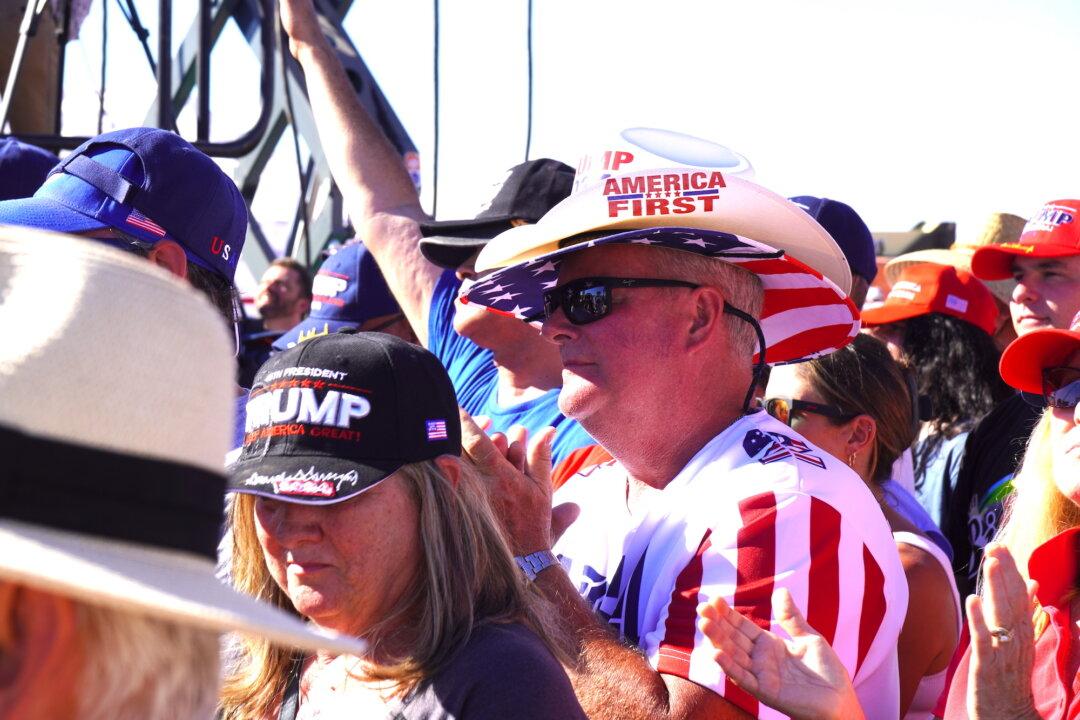Commentary
Why aren’t America First supporters more concerned that their candidates fared worse in the midterm elections than many, left and right, had expected? Because, they say, it’s more than a political movement.

Why aren’t America First supporters more concerned that their candidates fared worse in the midterm elections than many, left and right, had expected? Because, they say, it’s more than a political movement.